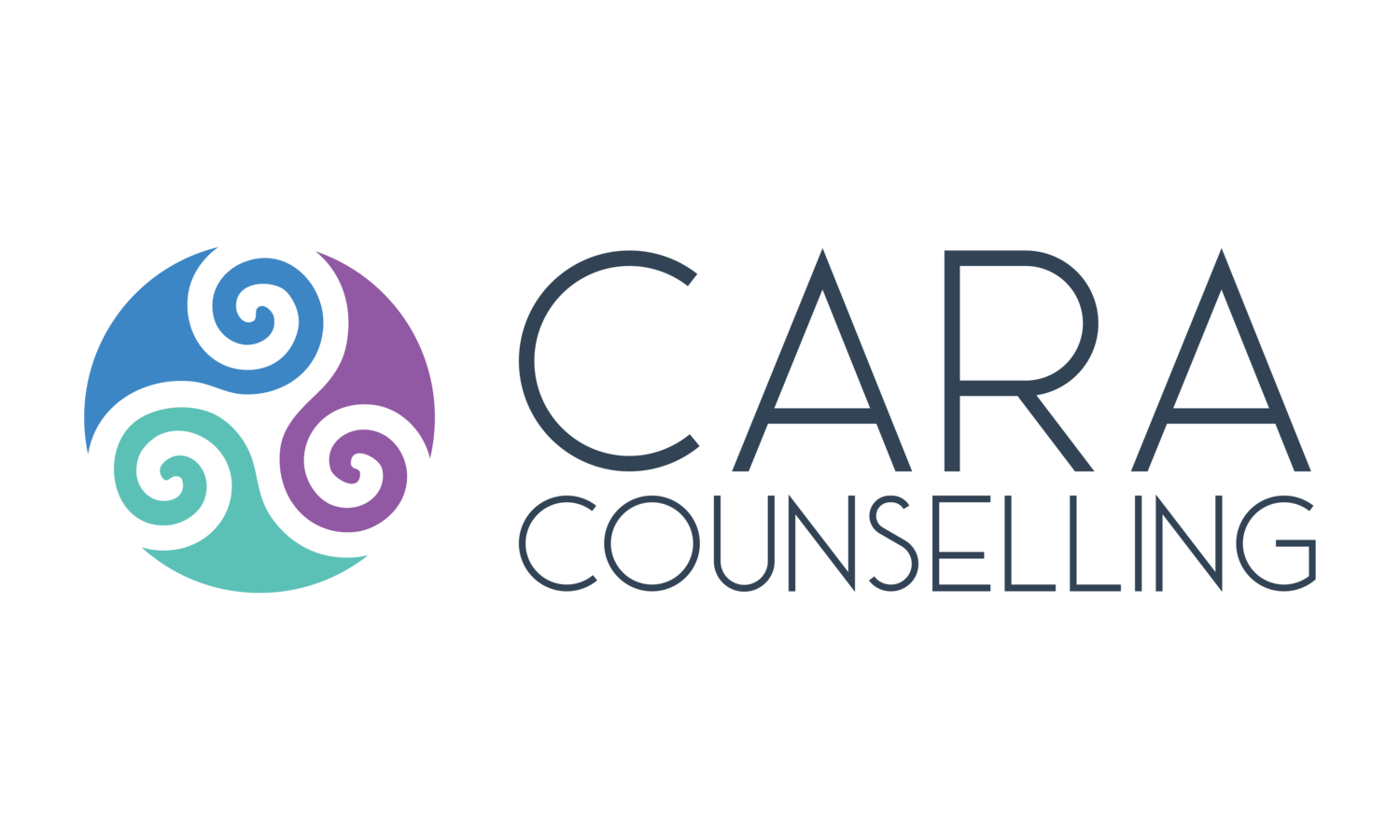Stress and anxiety counselling available online, over the phone or in-person in Brisbane.
I can help you overcome the grip of anxiety through a variety of effective strategies.
We'll work together to address issues such as excessive worrying, social anxiety, stress, panic attacks, and sleep disturbances. Drawing from a combination of therapies including Acceptance and Commitment Therapy (ACT), Cognitive Behavioral Therapy (CBT), mindfulness, and person-centered therapy, I'll guide you in embracing life more fully and worrying less. If you're unsure whether your struggles stem from anxiety or stress, check out my blog post for clarification.
Specific anxiety concern?
-
Health anxiety is characterised by being stuck on the idea that you have a serious illness, with this preoccupation being persistent over 6 months or more, and behaviours like relying on Dr Google and other online sources, seeking multiple opinions, self-diagnosis etc.
Stress and anxiety symptoms like shortness of breath and tightness in the chest can be mistaken for signs of illness, and in turn drive increased stress (and sometimes panic attacks).
This can impact across family life, work performance, relationships. It’s important of course to rule out actual health concerns; after which we would work with a range of strategies including CBT and ACT.
Injection Phobia - This is one that I totally relate to; essentially a fear of needles that has consequences like avoiding vaccinations, tests and necessary procedures.
What worked for me was a combination of exposure therapy, CBT, and ACT / grounding exercises. As with any concern that clients have, we would work together to find the combination that best helps you.
-
While panic attacks can occur across most types of anxiety, they can also appear on their own, suddenly, and without an obvious trigger.
Panic attacks come with very real physical symptoms, for example increase in heartbeat, sweating palms, and churning stomach. This, plus the accompanying fear, and confusion about what is happening and why, makes panic attack a very scary experience. It can become a bit of a cycle, with fear of an attack feeding the cycle, so it’s good to get help early. As with most anxiety issues, CBT, ACT and relaxation based approaches can all help, and we will work together to find what works best for you.
-
In addition to social phobia (which is covered under a separate section), there are a range of objects, activities or situations that, for some people, elicit feelings of panic, fear or terror. To be a phobia, these reactions would be completely out of proportion to the actual threat. (Reacting in panic to a dangerous animal in front of you is not a phobia; feeling sensations of fear or panic in response to a stuffed toy, or an animal on TV or in a book would be a phobia).
Graded exposure is often a great treatment for phobia - it’s use depends a bit on the actual phobia so, as with every client, we would tailor counselling to your particular concerns. ACT and CBT are the other main approaches we would generally work with.
-
While anxiety around pregnancy, birth, and becoming a parent is common and completely normal, it can become an issue where it impacts your day to day living, doesn’t pass over time, and stops you experiencing the joy that comes with pregnancy and birth.
Perinatal and postnatal anxiety can be, for example, excessive worrying that you or your baby are in danger, imagining your baby getting sick or injured or some other harm, finding your worry leading to you not doing things (like going out), or having panic attacks.
Support with Perinatal anxiety and postnatal anxiety will be tailored to your particular needs and concerns. For example CBT has been found to be particularly helpful across most types of anxiety; exposure therapy can help with particular concerns, such as emetophobia (fear of being sick, which can be exacerbated by morning sickness), and ACT, and relaxation techniques are also tools that I often use with expectant / new parents.
-
Anticipatory anxiety is a symptom of anxiety, often found with generalised anxiety. It’s where you have higher levels of anxiety when thinking about some future situation or event. It can lead to avoiding important events and have major impacts (similar in some ways to social anxiety).
It can be exhausting, as it can show up months before the event, and leave you worrying about all the things that could happen, and generally focusing on anything that go wrong.
We’d generally look at a combo of ACT (Acceptance & Commitment Therapy) and CBT (Cognitive Behavioural Therapy) to work on this anxiety.
-
Social Anxiety (sometimes known as social phobia) is where social situations, or the need to speak or perform a work task in front of other people, generates feelings of extreme anxiety. This usually includes a fear of being humiliated, or judged; fear of saying or doing ‘the wrong thing’ and resultant over analysis of situations.
Counselling can help with social anxiety in a number of ways; starting with providing information on anxiety, what it is and it’s causes. I’d then help you identify some of the ‘why’; some of the precursors or stressors that have led you to develop this anxiety.
Key strategies include CBT, which can help across all types of anxiety. CBT looks at your thoughts and looks for patterns or persistent thoughts that contribute to your anxiety, and then supports you to change those thoughts and replace them with new ones that serve you better. We’d also discuss your habits (sleep etc), relaxation strategies, grounding exercises and more; working to address anxiety up front - the in the moment stuff - and working on building good foundations.

